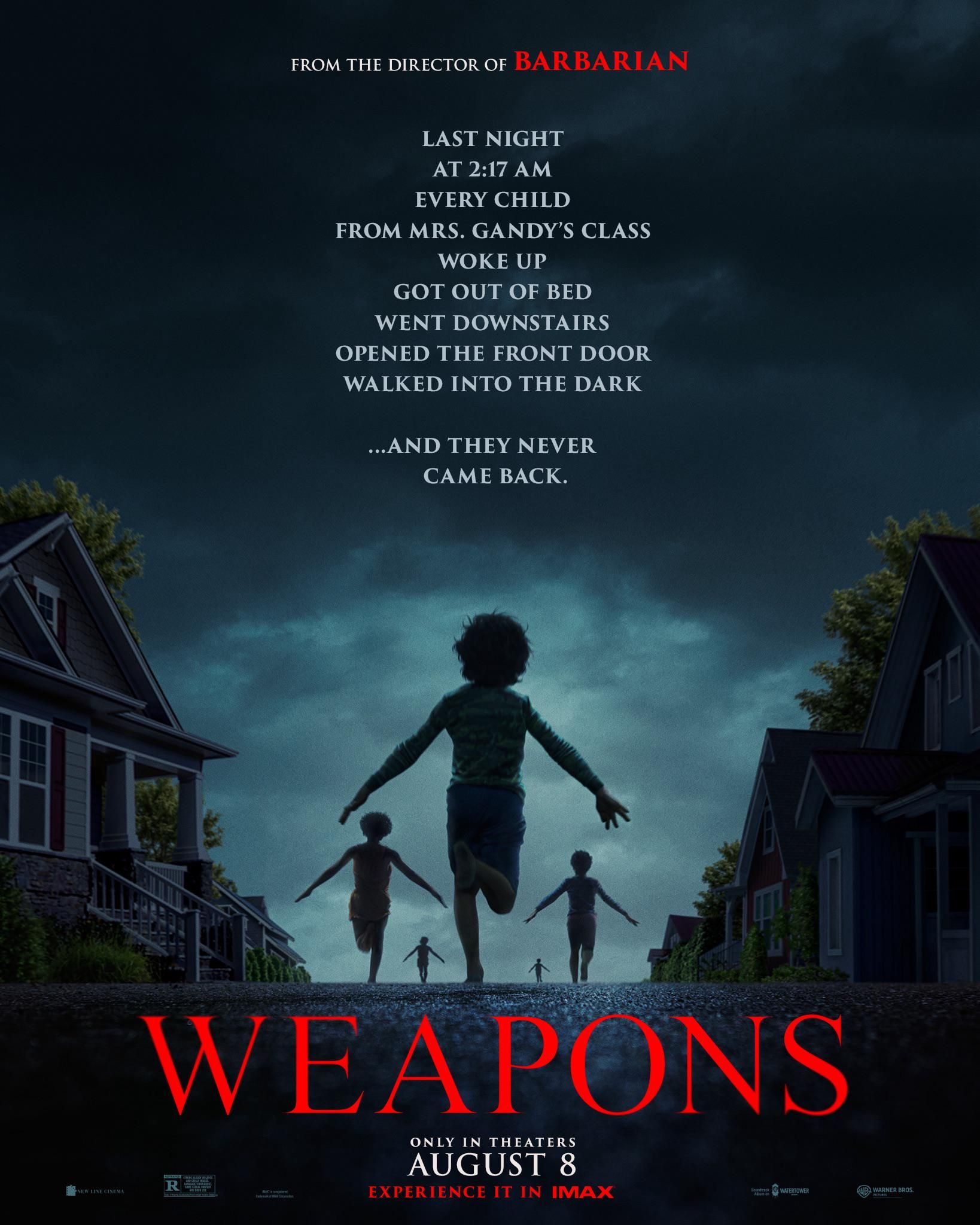Zach Cregger, the creative force behind the horror film ‘Weapons,’ is charting a course for future projects, balancing franchise ambition with original vision. The director, known for his unique blend of dark themes and humor, is currently unpacking his plans for a ‘Weapons’ Universe‘ sequel, his vision for a new ‘Resident Evil’ adaptation, and the invaluable advice he received from acclaimed director David Fincher. This comprehensive approach underscores Cregger’s dedication to crafting compelling and innovative cinematic experiences.

Table of Contents
Expanding the ‘Weapons’ Universe
Cregger has expressed interest in expanding the world established in ‘Weapons,’ hinting at a potential sequel. However, he clarifies that it won’t be his immediate next undertaking. He credits Paul Thomas Anderson’s ‘Magnolia’ as a key source of inspiration for the unconventional narrative structure of ‘Weapons.’ According to WTYE/WTAY’s report, Cregger aims to delve deeper into the thematic elements explored in the first film, potentially introducing new characters and storylines within the same universe.
Fincher’s Influence and Collaborative Process
A significant aspect of Cregger’s filmmaking process involves seeking guidance from experienced voices. David Fincher, known for his meticulous approach to filmmaking, provided invaluable advice during the production and post-production phases of ‘Weapons.’ This mentorship highlights the importance of collaboration and constructive criticism in refining a director’s vision. WTYE/WTAY noted that Fincher’s feedback specifically aided Cregger in the editing process, helping him to hone the film’s pacing and overall impact. Cregger also praised the cast of ‘Weapons,’ including Julia Garner and Josh Brolin, for their ability to navigate the film’s complex tonal shifts, demonstrating his collaborative approach to filmmaking.
Reimagining ‘Resident Evil’
Cregger is also set to tackle the iconic ‘Resident Evil’ franchise, but with a fresh perspective. He emphasizes that his project will not be a remake of existing storylines. Instead, he intends to create an original story that remains faithful to the game’s lore while forging its own path. This approach aims to satisfy longtime fans while also offering something new and exciting. According to WTYE/WTAY, Cregger’s ‘Resident Evil’ will avoid retelling existing character arcs, such as that of Leon S. Kennedy.
Capturing the Game’s Essence
Cregger’s vision for ‘Resident Evil’ focuses on replicating the games’ distinctive pacing and immersive structure. He aims to capture the feeling of isolation and dread that permeates the source material, emphasizing a single protagonist’s journey through a terrifying and unfamiliar environment. He is prioritizing atmosphere and suspense over cheap jump scares, aiming for a more psychological and unsettling experience. Cregger’s meticulous preparation process is evident in his statement that every shot for the ‘Resident Evil’ film has already been storyboarded. This level of detail demonstrates his commitment to translating the essence of the games to the big screen.
Balancing Dark Themes and Humor
One of Cregger’s trademarks is his ability to blend dark themes with elements of dark comedy, creating a unique and unsettling viewing experience. This is particularly evident in ‘Weapons,’ which features grisly violence and explores complex emotional themes. According to WTYE/WTAY, Cregger successfully retained these elements in the final cut of the film, demonstrating his commitment to his artistic vision. He has also shared that writing the ‘Weapons’ script served as a means of processing grief, adding a layer of personal depth to the project. This willingness to explore difficult subjects with both seriousness and a touch of humor sets Cregger apart as a filmmaker.
Conclusion
Zach Cregger’s future projects demonstrate a commitment to both expanding established universes and forging new creative paths. From the potential sequel to ‘Weapons’ to his reimagining of ‘Resident Evil,’ Cregger is approaching each project with a clear vision and a dedication to capturing the essence of the source material. His collaborative approach, combined with his willingness to explore dark themes and blend them with humor, positions him as a unique and compelling voice in contemporary cinema. The guidance he received from David Fincher further underscores the importance of mentorship and collaboration in the filmmaking process.
